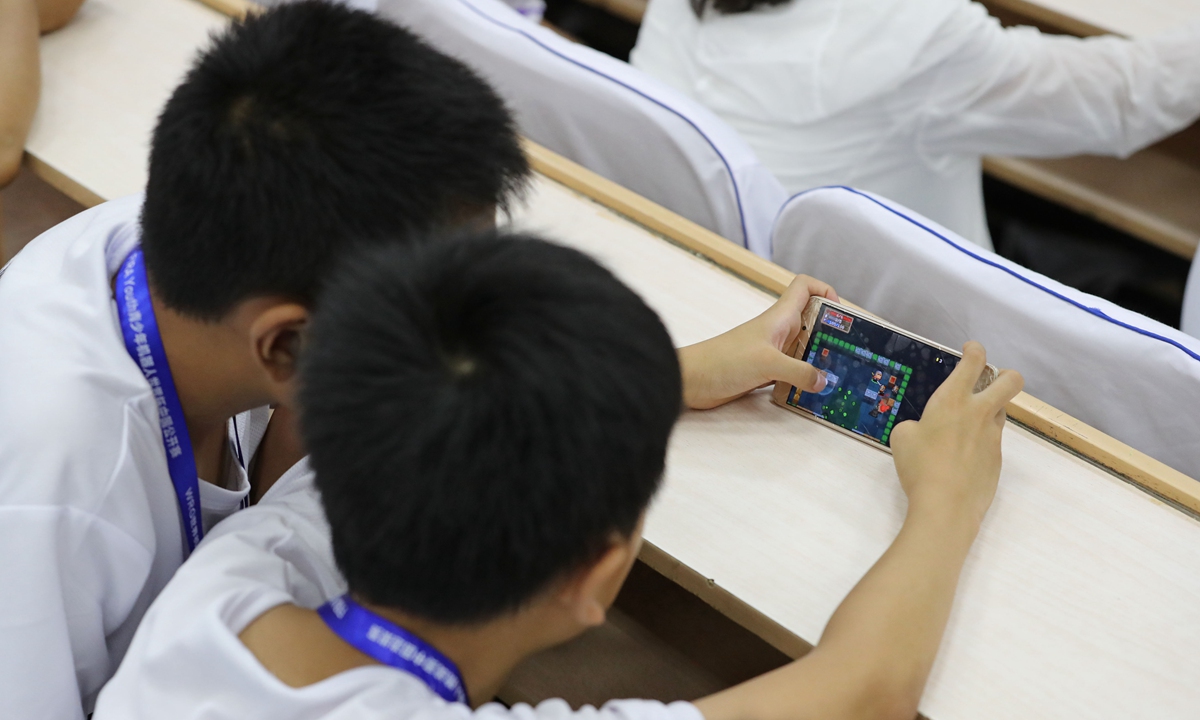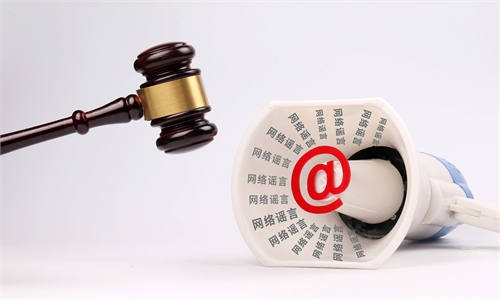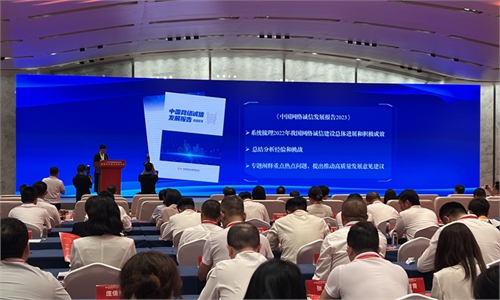China's cyberspace watchdog to upgrade 'minor mode' to create safe, healthy network environment for juveniles

Minors play mobile games Photo: VCG
China's cyberspace watchdog mulls comprehensively upgrading the "minor mode" on the mobile internet to facilitate users to enter the mode with one click, in order to create a safe and healthy internet environment for juveniles.
In order to effectively strengthen the online protection of minors, in recent years, the National Cyberspace Administration (CAC) has guided the website platforms to continue to promote the construction of the youth mode, expand coverage, optimize function settings, and enrich the age-appropriate content. Since the model was launched, the usage rate has steadily increased, and it has played a positive role in helping minors reduce internet addiction and the impact of bad information.
In order to further improve the efficiency of the mode, the CAC has drafted the Guidelines for the Construction of Minor Mode of the Mobile Internet (Draft for Comments), which will comprehensively upgrade the setting, and promote the coverage of the mode to expand from apps to mobile smart terminals and application stores.
The draft is open to the public for comments and suggestions, and people can send e-mails or letters to the cyberspace authority up until September 2.
According to the draft, when exiting from the mode, parents are required to verify and agree, and parents can choose their own identification methods such as password, fingerprint, and face for single or composite verification.
Communication experts reached by the Global Times on Wednesday said upgrading and standardizing the mode is urgent and necessary as in recent years although the "youth mode" has been established on the mobile internet, the mode existed sometimes in name only.
Many parents have found that the youth mode on some apps still do not restrict recharging accounts, loans, financial management, and improper content can still be viewed normally under the youth mode, and even some apps do not clearly mark how to switch to the teen mode, said Zhu Wei, vice director of the Communication Law Research Center at the China University of Political Science and Law.
The establishment of a unified standard for the "minor mode" has become a way to implement the protection of minors, the expert noted.
According to the new draft, minor mode should have automatic switching function. After users start the minor mode the mobile intelligent terminal with one click, the application programs and application distribution platforms should automatically switch to the minor mode interface; after users exit the mode, the application programs and application distribution platforms should automatically switch to the normal mode interface.
Minor mode should support the unified setting of parents or minor users on multiple mobile intelligent terminals through their accounts. After a user logs in to the unified account, the existing configurations of other smart mobile terminals under the account are automatically copied to the local PC and enabled.
The draft puts forward that mobile intelligent terminals, applications and application distribution platforms shall, according to the physical and mental development characteristics of minors at different ages, provide users of different ages with information and services suitable for their physical and mental development by evaluating the types, contents and functions of products.
The design is divided according to the five age intervals - under 3 years old, 3-8, 8-12, 12-16 and 16-18 years old.
For example, in the minor mode for users under the age of 8, the mobile smart terminal should support the default total use time of no more than 40 minutes, and provide parental exemption operation.
For users under the age of 3, the online internet providers should recommend children's songs, enlightenment education and other parent-child companionship programs, and they are recommended to play via audio.
In the minor mode, the mobile smart terminal is prohibited from providing services to minors from 10 pm to 6 am the next day.
China's cyberspace authorities announced in March that they had addressed nearly 1.2 million items of illegal and malicious information and handled more than 160,000 accounts or groups that violated regulations during a recent special campaign.
Among the non-compliant accounts and groups, more than 8,500 were handled as they tried to provoke conflicts among fans of actors starring films that were released during the Spring Festival season, the Cyberspace Administration of China (CAC) announced on Wednesday.
These accounts and groups engaged in unruly online behaviors with authorities stepping in to control online comments over concerning issues. They also guided fans to create fake box offices for certain films, according to the CAC.
The CAC had also cleaned 7,900 items of information and 407 accounts that had tried to glorify an influencer's prison experience to sell products online.
In January, the CAC launched a rectification campaign targeting the network environment and vowed to crack down on unscrupulous online influencers.




